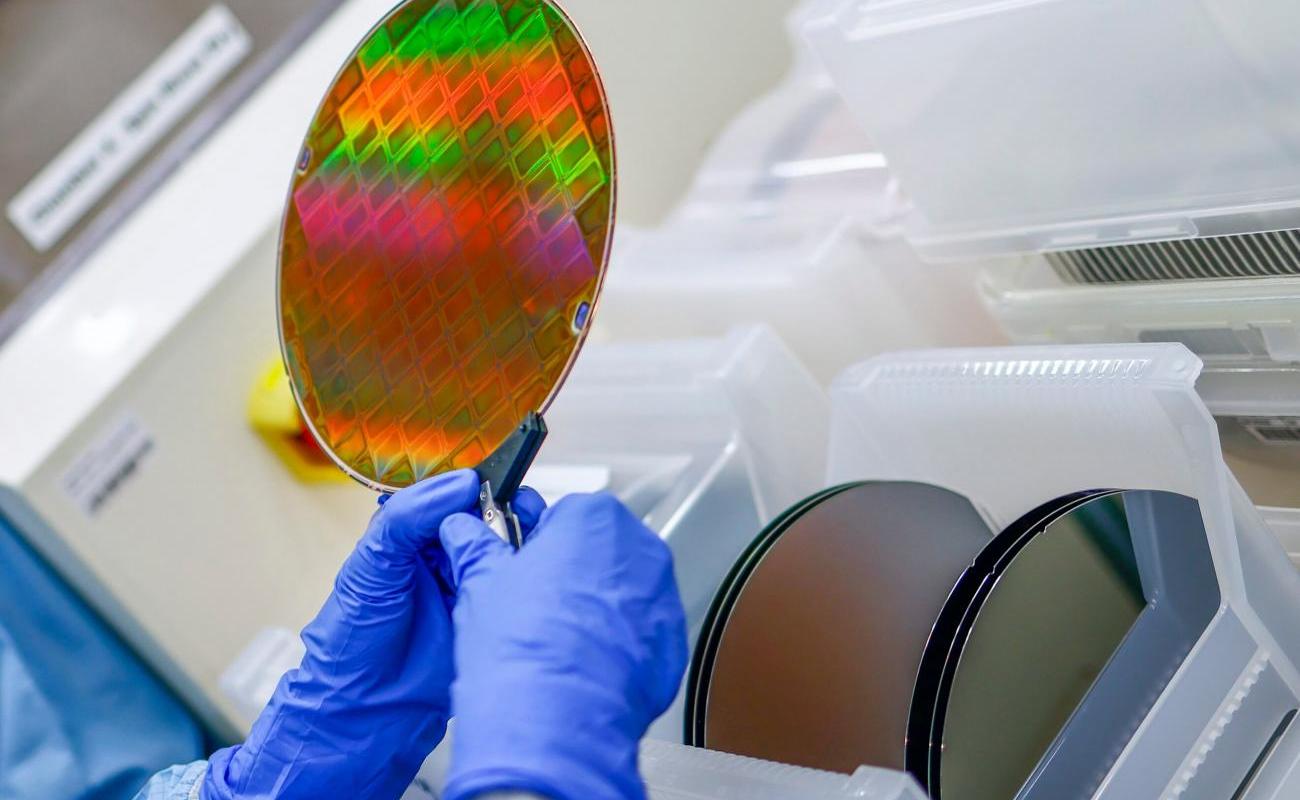Europe has risky reliance on China for low-tech chips, auditors warn

European Union auditors on Monday warned that the bloc is dangerously reliant on China for mainstream microchips powering everything from cars to washing machines.
In a report published on Monday, the European Court of Auditors (ECA) said one in three low-tech chips comes from China. It warned the EU is "nowhere close" to meeting its own goal of making up 20 percent of the global value chain for microchips by 2030, a target set in its 2023 European Chips Act that intended to make the bloc less reliant on foreign regions.
The report is yet another sign that the EU is struggling to reduce some of its most glaring dependencies on foreign technology for critical and essential services, despite attempts by Brussels to make the bloc more "technologically sovereign."
Europe has some leading companies in the field of less advanced microchips, including Germany's Infineon, the Dutch NXP and French-Italian STMicroelectronics. These firms cater to the needs of Europe's powerful car industry.
But the auditors wrote that demand in Europe "is currently growing more quickly than EU-based chipmakers can supply it." In 2024, the EU ran a €9.8 billion deficit with China on chips; it also had deficits with other chipmaking hubs like Taiwan.
Globally, Taiwan has emerged as the leading hub for more advanced chips, which have smaller nodes than low-tech varieties and are used in smartphones and data centers. But demand remains high for low-tech chips as well, including to power the transition to more sustainable, less energy-consuming technologies.
The auditors warned that the gap Europe has with other regions will only widen. "As this type of microchip is needed for technology associated with the green transition, this trade deficit is likely to increase in the future."
As the EU's independent auditor, the Court of Auditors reviews the EU's finances, its spending and the implementation of its policies.
The auditors' message arrives as Brussels gets ready to review its Chips Act, which formulated the goal of 20 percent by 2030. The auditors dismissed that goal as "aspirational" and not grounded in reality.
Last July, the Commission acknowledged the goal was far from attainable, projecting that the EU would hit 11.7 percent in 2030 rather than 20 percent.
The EU executive has been investigating the bloc's reliance on China for low-tech chips.
Last year it surveyed microchip suppliers and their customers about the older-generation technology used in cars, household appliances and medical devices over fears that China-subsidized firms were undermining them.
That move was coordinated with Washington under then-President Joe Biden, which ran a similar survey.
Annemie Turtelboom, a member of the Court of Auditors, said geopolitical tensions between the U.S. and the EU have made the issue of reducing dependencies even more pressing than a year ago.
"We already know about the risks that come with importing from countries [with which] we have an uncertain relationship. But maybe we cannot even rely on our traditional allies for the supplies of chips," she said.
European Commission spokesperson Thomas Regnier said in a response that the Chips Act was "a strong foundation" after two decades in which Europe's share had declined, and that it had "put Europe back on a path of growth."
COMMENT
The European Union's efforts to reduce dependence on China, especially in the segment of production and reduction of semiconductor imports, are a constant focus of the EU institutions. Also, various institutions monitor the implementation of the EU Semiconductor Law, according to which the EU was supposed to produce 20 percent of semiconductors on the world market by 2030. Considering the importance of semiconductors for the EU industry, it is clear why there is so much insistence on reducing dependence on China, but also on other countries.
While the EU institutions closely monitor the implementation of the adopted laws, in the countries of the Western Balkans, not a single country is engaged in a strategy to reduce dependence on any country for any imported product. What is even more devastating is that there is no monitoring of the implementation of the adopted laws, and we often witness that these same laws are violated to the detriment of the state and citizens, and often in the interest of foreign companies.
